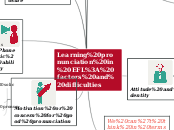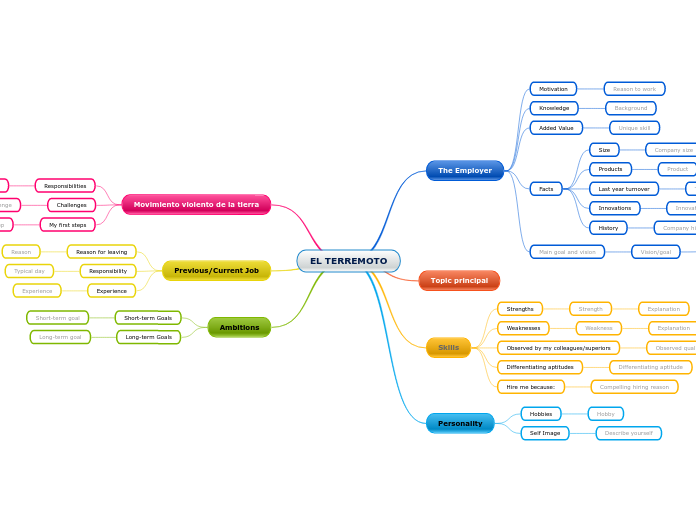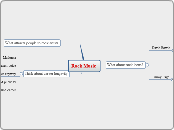por Adriana D 7 anos atrás
163
Learning pronunciation in EFL
Research shows that older individuals often score highest in achieving native-like pronunciation, while young learners can more easily acquire native pronunciation. Several factors influence pronunciation learning, including biological changes, exposure, motivation, and individual attitudes.









